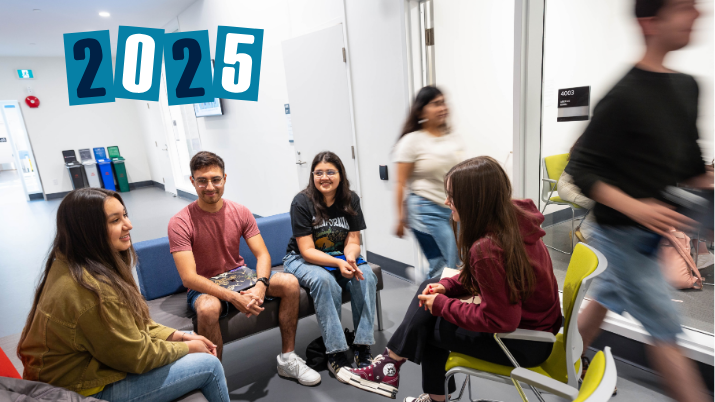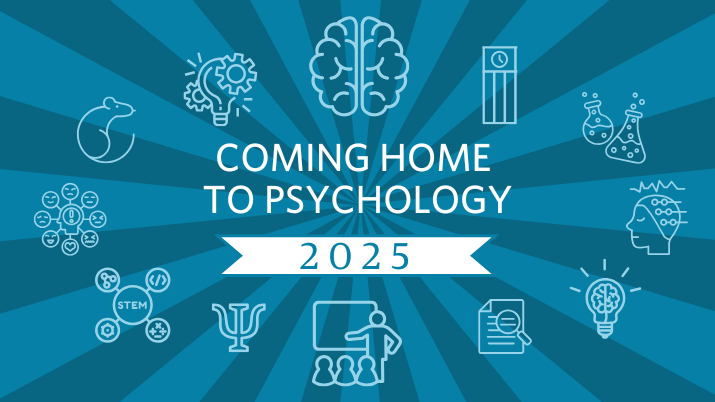
TITLE
The Role of Prediction in Early Perceptual and Language Development
ABSTRACT
In the last decade, research has established that prediction is an important mechanism supporting perception, cognition and learning across multiple domains in the mature brain/mind. Developmentalists studying early development have been using methods such as the “Violation of Expectation” paradigm for many decades yet it is unclear whether the same kinds of predictive mechanisms support those infant behaviors. In this talk, I will present evidence that the infant brain is highly predictive, and the sophisticated types of prediction, previously associated only with adults, are available early in life to support infant behavior and development. To this end, I will present convergent evidence from neuroimaging (fNIRS) and behavioral methods (eye tracking) across the first years of postnatal life (from neonates to two year olds). I’ll show how prediction is closely linked to language development including recent work investigating the emergence of lexical comprehension and lexical prediction from 12-24 months. Overall, this talk aims to establish that, contrary to prior views, the brain doesn’t become predictive during development. Instead, it starts predictive and builds on those early-available predictive mechanisms.
BIO

Prof Lauren Emberson is an Assistant Professor in the Psychology Department and Neuroscience Institute at Princeton University. Prof Emberson is the winner of the APA Boyd McCandless Award, the APS Rising Star award and a finalist for the Biennial Society for fNIRS Early Investigator Award. At Princeton, she is a founder and director of the Princeton Baby Lab which supports developmental research across several laboratories from birth to late childhood. She received her BSc from the University of British Columbia, her PhD from Cornell University and completed a postdoctoral position at the University of Rochester under Prof. Aslin in 2015.

